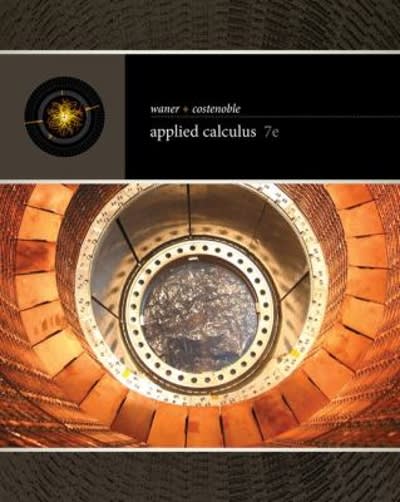Question
Dowsing In a rural area, only about 25% of the wells that are drilled find adequate water at a depth of 100 feet or less.
Dowsing In a rural area, only about 25% of the wells that are drilled find adequate water at a depth of 100 feet or less. A local man claims to be able to find water by "dowsing"using a forked stick to indicate where the well should be drilled. You check with 80 of his customers and find that 23 have wells less than 100 feet deep. What do you conclude about his claim? (a) Write appropriate hypotheses. (b) Check the necessary assumptions and conditions. (c) Perform the mechanics of the test. What is the P-value? (d) Explain carefully what the P-value means in context. (e) What's your conclusion? Problem 2 A company with a fleet of 160 cars found that the emissions systems of 9 out of the 25 they tested failed to meet pollution control guidelines. Is this strong evidence that more than 20% of the fleet might be out of compliance? Test an appropriate hypothesis and state your conclusion. Be sure the appropriate assumptions and conditions are satisfied before you proceed. Problem 3 Yvon Hopps ran an experiment to determine optimum power and time settings for mi- crowave popcorn. His goal was to find a combination of power and time that would deliver high-quality popcorn with less than 10% of the kernels left unpopped, on aver- age. After experimenting with several bags, he determined that power 9 at 4 minutes was the best combination. To be sure that the method was successful, he popped 8 more bags of popcorn (selected at random) at this setting. All were of high quality, with the following percentages of uncooked popcorn: 4.2, 10.1, 8.9, 4.7, 6.3, 9.6, 8.1, 2. Use a hypothesis test to decide if Yvon has met his goal. Problem 4 Psychology experiments sometimes involve testing the ability of rats to navigate mazes. The mazes are classified according to difficulty, as measured by the mean length of time it takes rats fo find the food at the end. One researcher needs a maze that will take rats an average of about one minute to solve. He tests one maze on several rats, collecting the data shown. 38.4, 57.6, 46.2, 55.5, 62.5, 49.5, 38, 40.9, 62.8, 44.3, 33.9, 93.8, 50.4, 47.9, 35, 69.2, 52.8, 46.2, 60.1, 56.3, 55.1 Figure 1: Time (sec) (a) Plot the data. Do you think the conditions are satisfied? Explain
Step by Step Solution
There are 3 Steps involved in it
Step: 1

Get Instant Access to Expert-Tailored Solutions
See step-by-step solutions with expert insights and AI powered tools for academic success
Step: 2

Step: 3

Ace Your Homework with AI
Get the answers you need in no time with our AI-driven, step-by-step assistance
Get Started


